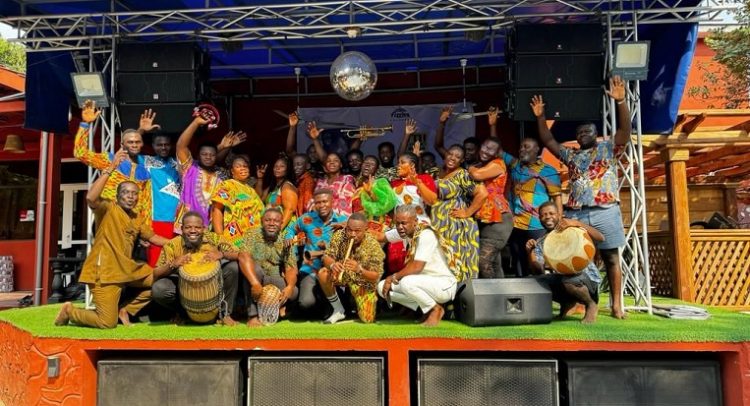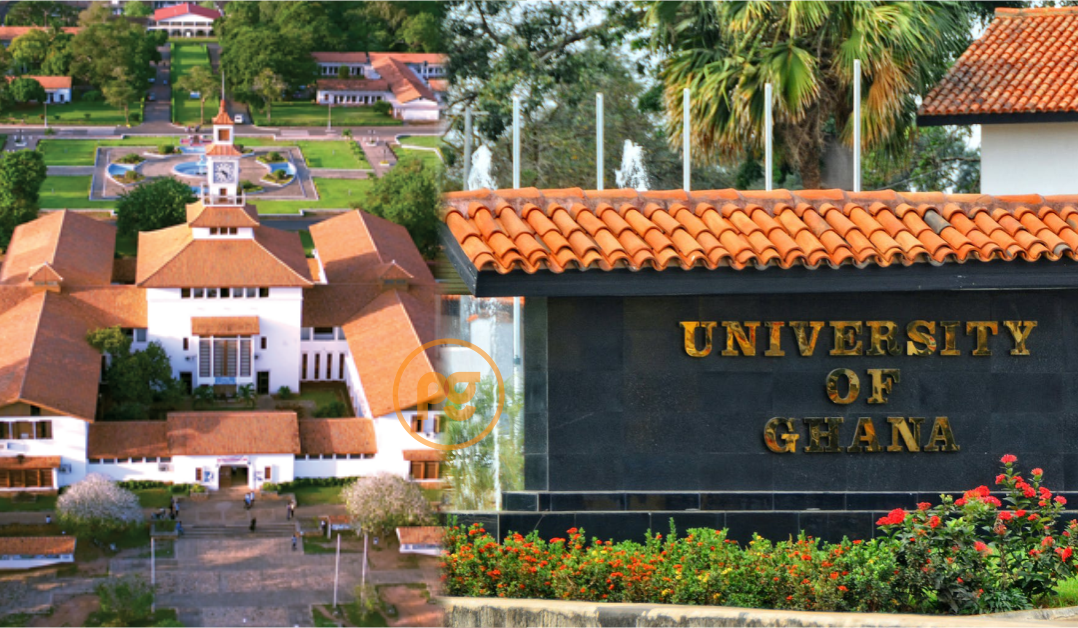


Tucked away along the charming coastline of Ghana’s Central Region lies the humble town of Saltpond, a place that has not only witnessed the birth of the nation’s independence movement, but also the origins of one of its most beloved musical traditions – the iconic Ghanaian brass band.
According to Dr. Nana Baa Wiredu, an International Tourism Consultant and the first African to serve as the United Nations World Tourism Organization Regional Director for Africa, the Saltpond brass band tradition can be traced back to the early 20th century, when the colonial authorities established the presence of the military and police in the town.
“The colonial administrators recognized the strategic importance of Saltpond as a center of commerce and trade. To maintain control and project their power, they formed military and police bands to entertain the local population and project an image of order and stability,” explains Dr. Wiredu, a native of Saltpond whose great-great-grandfather was the manufacturer of salt and gave the name “Saltpond” to the town.
These troupes, mainly soldiers, would often incorporate old, discarded instruments that were handed down to them by their colonial masters. However, the authorities did not consider these musicians to be true professionals, and instead referred to them disparagingly as “amateurs” – a term that the local Fanti people would eventually corrupt into the word “ametsiwa.”
“The colonial administrators didn’t want to acknowledge the skill and artistry of these brass band musicians. They saw them as uneducated, untrained, and unworthy of being called ‘professionals.’ But the people of Saltpond knew better – they recognized the incredible talent and dedication that went into these performances, which offered them another recreational pastime both for the indigenes and the colonial people who were there – the merchants and the protectors of the merchants,” says Dr. Wiredu.
As the colonial era drew to a close and Ghana gained its independence, these military and police bands would evolve into the civilian brass bands that have become a beloved fixture of the country’s cultural landscape. But the legacy of Saltpond’s salt traders endures, with the town’s annual “Ayeriye” festival still featuring elaborate processions of women adorned in the flowing gowns that echo the fashions of their Senegalese forebears.
“The brass band tradition is woven into the very fabric of Ghanaian culture. And at the heart of that tradition is Saltpond, a town that has always been a crossroads of commerce, creativity, and cultural exchange,” says Dr. Wiredu.
Indeed, the influence of Saltpond’s salt traders can be seen not only in the music and fashion of Ghana, but also in the town’s distinct architectural and cultural features. The Fanti people, who have long been the dominant ethnic group in Saltpond, have maintained a strong sense of identity and tradition that is reflected in the town’s vibrant festivals, intricate beadwork, and intricate woodcarvings.
“When the Senegalese salt traders came to Saltpond, they brought with them a rich cultural heritage that would leave an indelible mark on the town,” explains Dr. Wiredu. “The flowing gowns and ornate headdresses worn by the Senegalese women, for instance, would go on to inspire the elaborate costumes and pageantry that have become synonymous with Ghanaian brass band performances.”
But the influence of these visiting salt traders extended far beyond the realm of fashion and aesthetics. It was their musical traditions, particularly the use of wind instruments like trumpets, trombones, and saxophones, that would ultimately give birth to Ghana’s iconic brass band sound.
“The military band in Saltpond was known for their virtuosic performances on these instruments. The local musicians quickly picked up on the techniques and incorporated them into their own playing, creating a unique fusion of imported and indigenous musical styles,” says Dr. Wiredu.
And it is this spirit of creativity, resilience, and cultural pride that has made the Saltpond brass band tradition such an enduring and beloved part of the Ghanaian experience. From the bustling streets of Accra to the rural villages of the hinterland, the stirring sounds of these ensembles – with their powerful brass melodies, driving rhythms, and vibrant energy – continue to captivate and inspire, a testament to the power of a town that has long been a crossroads of commerce, culture, and innovation.
After 68 years of Ghana’s independence, the story of Saltpond’s brass bands serves as a poignant reminder of the country’s rich heritage and the enduring resilience of its people. And for those who venture to this unassuming coastal town, the opportunity to immerse themselves in this living, breathing tradition is a truly unforgettable experience – one that speaks to the very heart of what it means to be Ghanaian.
The town of Saltpond has a unique history that has shaped the cultural identity of Ghana. Beyond the origins of the brass band tradition, Saltpond was also a hub for the salt trade, attracting visitors from across West Africa. According to local lore, the town was even the site of a legendary confrontation between the indigenous Fanti people and the colonial authorities.
As the country celebrates the 68th anniversary of its freedom, the story of Saltpond serves as a poignant reminder of the power of a place to shape the course of history. And for those who venture to this remarkable town, the opportunity to immerse themselves in its rich cultural tapestry is a truly unforgettable experience – one that speaks to the very heart of what it means to be Ghanaian.
Notably, the brass band tradition that was born in Saltpond would quickly spread to neighboring communities along the coast, taking root in towns like Ada, Accra, and Volta. The distinct sound and pageantry of these ensembles became a beloved part of the cultural fabric, providing entertainment and a sense of identity for Ghanaians across the country.
“What started in Saltpond as a small military and police band evolved into a true grassroots movement, with brass bands popping up in communities far and wide,” explains Dr. Wiredu. “The people embraced this music as their own, infusing it with local rhythms and traditions to create something truly unique and captivating.”
Today, the presence of brass bands is a ubiquitous part of Ghanaian life, whether accompanying funeral processions, serenading wedding parties, or marching in vibrant festivals. This enduring legacy is a testament to the transformative power of a single town, and the way in which cultural innovations can ripple outward to shape the identity of an entire nation.
“Saltpond may be a small place, but its influence on Ghanaian culture is immeasurable,” says Dr. Wiredu. “The brass band tradition is just one example of how this unassuming town has left an indelible mark, inspiring generations of artists, musicians, and visionaries who have helped to define the soul of our country.”
By Innocent Samuel Appiah
The post Saltpond: The birthplace of Ghana’s iconic brass bands and cultural fusion appeared first on Ghana Business News.
Read Full Story






![Dormaahene hails Mahama, vows to carry him at his back if cedi hits GH?8 to $1 [Video]](https://sportal365images.com/process/smp-images-production/pulse.com.gh/01062025/e9150a95-eb04-4066-bf2d-fef977524ffe.png)


![Hajia4Reall makes a bold comeback with new music after U.S prison sentence [Video]](https://sportal365images.com/process/smp-images-production/pulse.com.gh/01062025/88287b98-5b5d-4e81-b3b1-c4adb7b6ee54.png)













Facebook
Twitter
Pinterest
Instagram
Google+
YouTube
LinkedIn
RSS